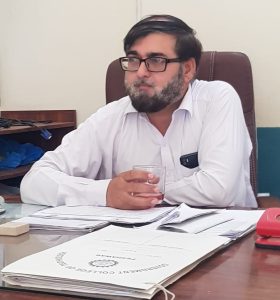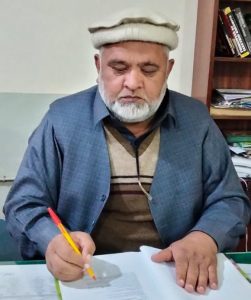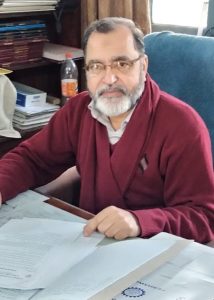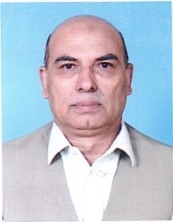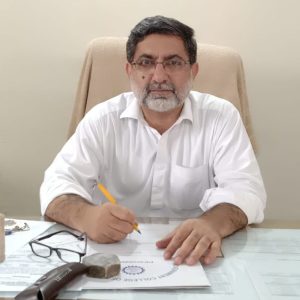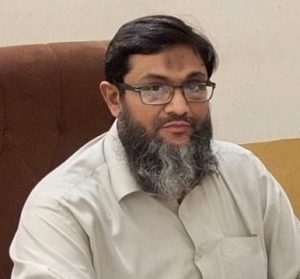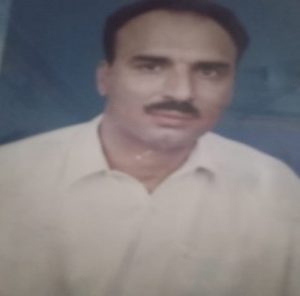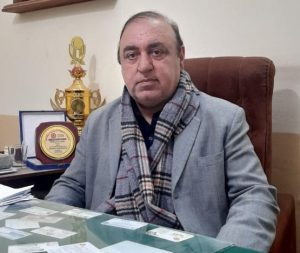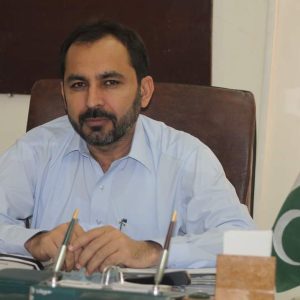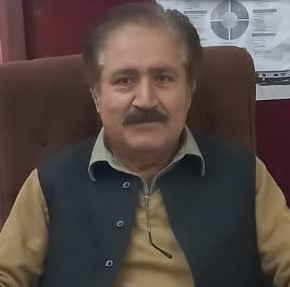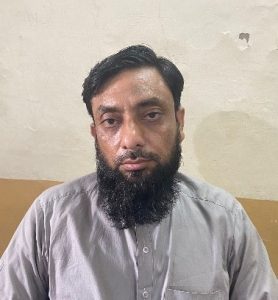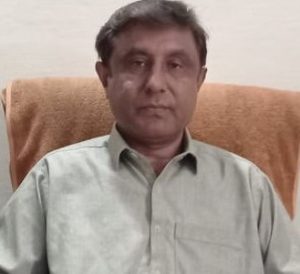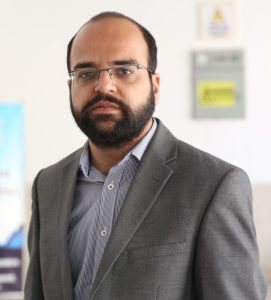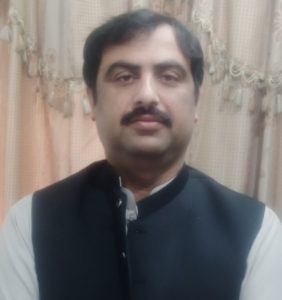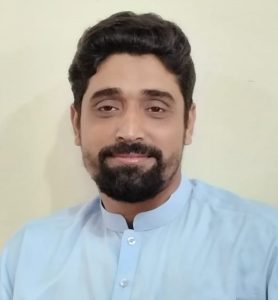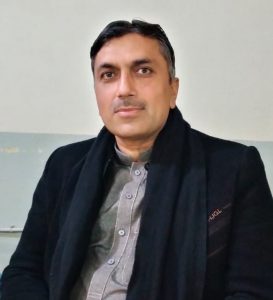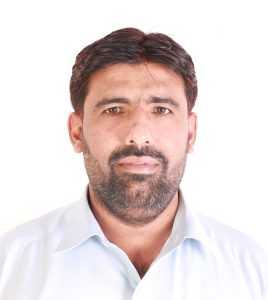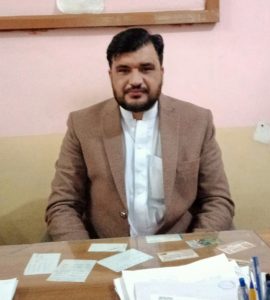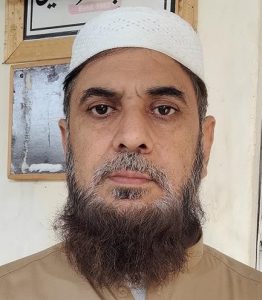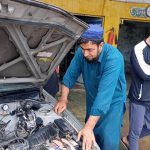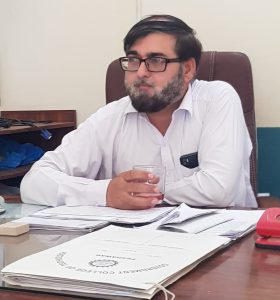
The Concept of Technical & Vocational Education
Technical & Vocational Education is that phase of education that gives its recipients an opportunity to acquire practical skill as well as basic scientific knowledge. Technical & Vocational Education is that aspect of education that exposes the learner to acquisition of demonstrable skills that could be transformed into economic benefit. Technical and vocational education has been an integral part of national development strategies in many societies because of its impact on productivity and economic development. Technical education is geared towards the production of the educated man who can effectively work with his head, heart and hands. The development of the economy and the need for self-reliance and self sustainability is the driving force for any nation. Technical and vocational education is understood to be an integral part of general education. A means of preparing for occupational fields and for effective participation in the world market. An aspect of lifelong learning and preparation for responsible citizenship. An instrument for promoting environmentally sound and sustainable development, a method of alleviating poverty. The broad goals of vocational and technical education are meant to; Provide trained manpower in the applied sciences, technology particularly at craft, advanced craft and technical levels; provide the technical knowledge and vocational skills necessary for agricultural, commercial and economic development.
Profile of the College
Since independence, Pakistan faced many challenges and one of them was in the field of engineering & technology. At that time few industries existed in Pakistan. It was felt by the Government of Pakistan that rapidly changing and technologically oriented world, technology is of vital importance for socio-economic development of a country. Government of Pakistan stood determined to train its manpower technically. The Government of Pakistan in 1954 invited Ford Foundation of America, to make study of the need of technical persons in industry. The report showed that there was an acute shortage of technical personnel in the country. The Government took immediate action in the light of the report, submitted by Ford Foundation and established three “POLYTECHNIC” Institutes in Karachi, Dhaka and Rawalpindi. The passed out graduates from polytechnics were meant to assist engineers and skilled workers. Now there are hundreds of technical institutions in the country, imparting technical education to train the manpower. Government College of Technology, Peshawar is the biggest technical institute in the province, working under TEVTA Khyber PakhtunKhwa. Started in 1959, as a Government Technical Institute, with a few students, it is now grown up as Government College of Technology, running diploma to degree level courses in different fields of engineering & technology. The college is situated on Kohat Road, nearly two & a half kilometers from Cantt Railway, Station Peshawar. It has a land of 24 acres (approximately) having large beautiful engineering & buildings; to meet the growing demands of classrooms, workshops/labs. The College has its own masjid, the dispensary, colony and two hostels for students, having a capacity to accommodate 200 students. It consists of Administration Block, in addition to that for all individual technologies; We have Independent Block
Introduction
Government College of Technology (GCT), Peshawar is a premier institution of higher learning in the field of technological education and training. Starting in 1959 as a Government Technical School with few students is now grown up as a Government College of Technology and since 1981 offering Diploma and Bachelor level courses in different fields of Technology. It is the biggest public technical institute in the province, working under the administrative control of Technical Education and Vocational Training Authority, Khyber Pakhtunkhwa. The college is noted as being highly selective in terms of admissions as around 60 students in regular scheme while 90 students in self-finance scheme are being selected every year for B.Sc. Engineering Technology through test conducted by ETEA. It is one of the best institutions of higher learning in TVET Education in KP Province. The college is situated on Kohat Road, nearly two and a half kilometer form Peshawar Cantt: railway station. It comprises a land of 24 acres (approx) with beautiful landscape and huge buildings. The constructed area is composed of Administration block, Auto & Diesel, Chemical, Electrical, Electronics, and Mechanical, B.Sc. Engineering Technology block, IT block, Students Hostels, staff hostel, staff colony, Jamia Masjid and playgrounds. The College is offering following major courses at degree and diploma level. a. Four years B.Sc Engineering Technology degree courses in the following disciplines: a. Civil Technology b. Electrical Technology c. Mechanical Technology b. Three years post matric Diploma of Associate Engineers in the following disciplines: a. Auto & Diesel Technology b. Chemical Technology c. Civil Technology d. Electrical Technology e. Electronics f. Mechanical Technology The curriculum of three years post matric diploma of Associate Engineer is approved by the National and Vocational Training Commission (NAVTTC), Islamabad while the curriculum of four years B.Sc Engineering Technology degree course is approved by the Higher Education Commission (HEC) Islamabad and National Technology Council (NTC) Islamabad. Objectives: The college has the following objectives: 1. To produce Technician (Associate Engineers) in different fields of Technology. 2. To produce Technologist (B. Sc Engineering) in the field of Civil, Electrical and Mechanical Technology. 3. To produce skilled and semi skilled manpower for the Industry.

